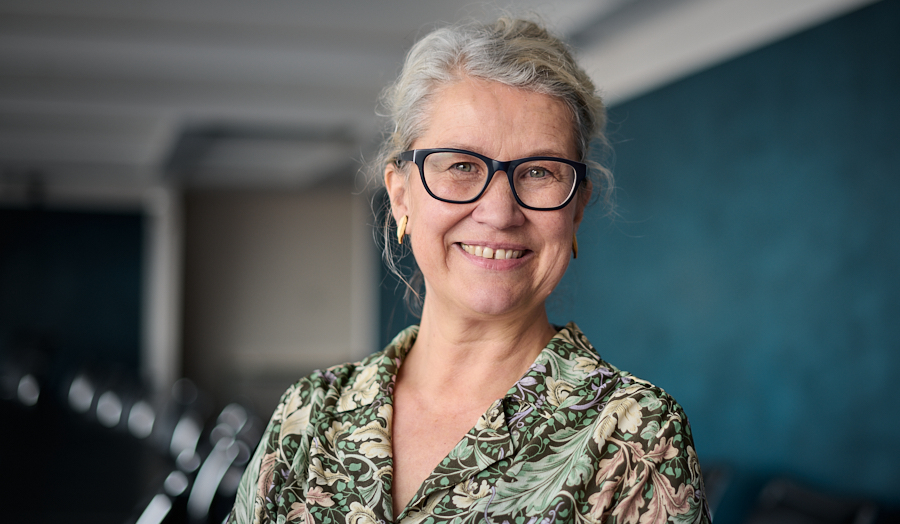Culture is our making
Culture at the School of Art, Architecture and Design is a cross-school enterprise. It frames the thinking in the making. Making is part of our DNA and has been since the inception of its parent institutions. It lies at the absolute heart of our pedagogy. Making is where learning begins, through making decisions and choices, engaging both with the matter at hand and the constituency of makers.
In a sense, all the different forms of cultural enterprise relate back to this primal thing. We make friends, we make decisions, we make dinner, we make love, we make policies and political decisions, we make institutions and governments, we make exquisite metal objects, chairs to sit on, things that work and works of art, we make ephemeral sounds and moving images, we make spaces and buildings, pavilions, landscapes and cities to dwell in. Together they constitute our culture of making.
Ideas are cast through words and writing. So Culture engages with how we make history and theory, how we construe the cultural landscapes we live in, how we give voice to our values. It is not an armchair discipline. We make ideas where we find them: in the archives and museums, out in the city and back on the streets, in the myriad places where people live their lives.
Sir Ken Robinson famously argues that our current educational system is designed to squash creative talent. Cities like London provide an antidote: they foster creativity; they brim with variety. So we use London as our library, the city as our seminar room. Indeed the inspiration for Culture at our School as a ‘culture’ is London because London is both a world city and a world within a city. We have the biggest collection of cultural resources our doorstep, from actual treasures to a diversity of people to an abundance of ecologies; from world heritage sites to circus fleas, bell foundries to opera houses, nearly three hundred museums and as many again libraries, twice as many galleries and named localities, not to mention all the extraordinary artefacts, buildings, artworks, folk, events and situations we encounter every day.
In 2012 we began building a Faculty-wide programme called CCS (Critical and Contextual Studies) to complement the design studios. The specific curriculum and teaching delivery remains firmly under the wing of the seven subject clusters but our undergraduate programme now shares a common structure in things like learning outcomes, resources, study skills, timetable, and assessment types, weblearn and online submissions through Turnitin (summarised in our Handbook Cass Writing). In September 2014 our shared framework allowed us to launch our unique invention, the ‘Dissertation Studio’, twenty-four of them, all of which were open to final year undergraduate students across the Faculty. Students could choose to work with someone from their subject area or any of the other discipline. They did both in equal quantities. See: Archive of Dissertation Studios.
Each Dissertation Studio offers a thematic topic in a seven-week course that takes them out on visits, rehearses them in how to do research, how to assemble a topic and structure a thesis. They offer a wide range of approaches from continental theory to interviews with East End makers, from histories found on London Walks to drawings tucked away in archives, from the cultural DNA of objects and images to the consequence of gender or the anthropocene.
Research across the school reflects our deep commitment to social engagement. We have a PhD programme with award winning students and a research based masters course, the MA by Project. We support a spectrum of staff and student led research projects that are developed in and around the teaching studios and are fostered by our close associations with leading edge practices and institutions. Research underpins our live projects, adds value to our links with industry, and forms the basis of our partnerships. Research is part of what we do. Culture is responsible for running the School Research Committee and helping calibrate the synergies between research and teaching, research and practice.
We are looking at how we share what we do more broadly, particularly our pedagogical approach and our research and postgraduate forms of study. Plans are afoot to construct a different kind of offering that is inherently less monolithic and exclusive than the current degrees structure. The details have yet to be confirmed but suffice it to say the new programme will be up and running by the spring and represent another step jump in the ecology of the school. This programme will take its bearing from the range of work represented in the Dissertation Studios, their close cousins in the postgraduate programmes and our current research activities. But it will also instigate another level of play: working with more institutions and partners, introducing new ideas and topics, finding new people and situations to work with. Culture aims to work outwards and grow its community out of its common interests.


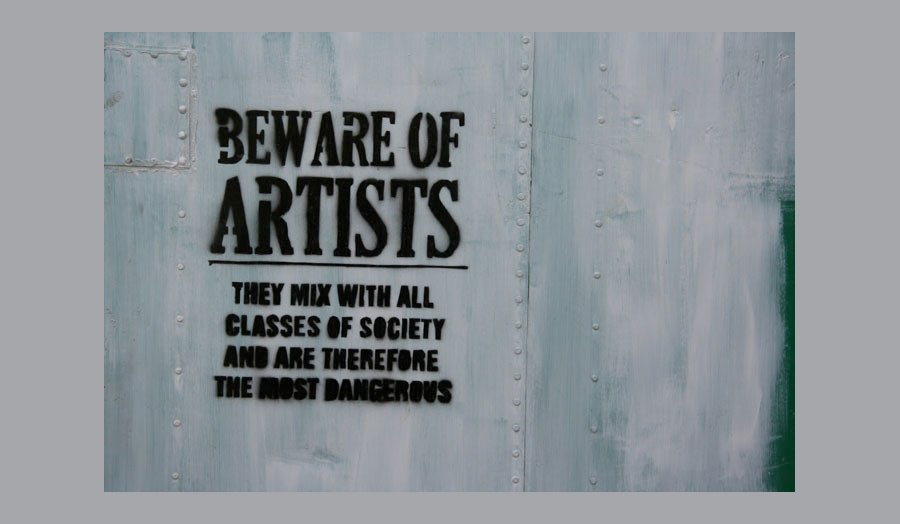

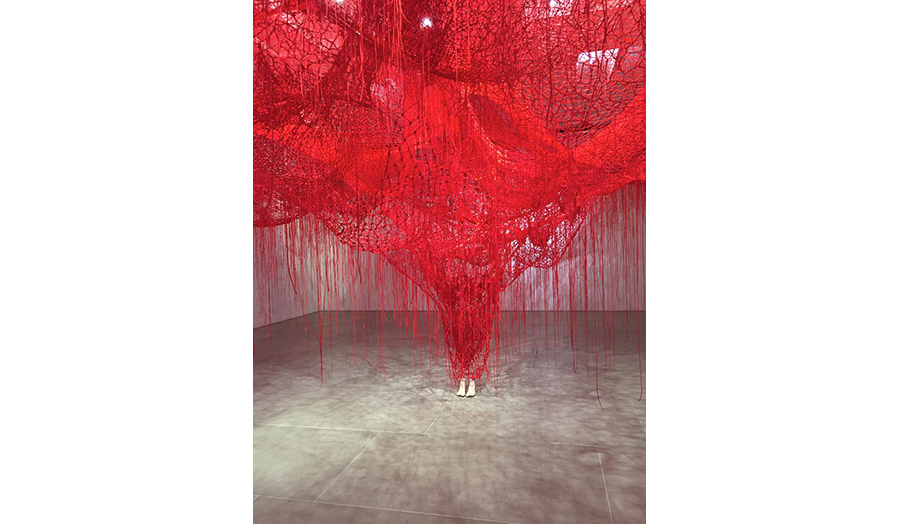

-(1)-(1)-(1).jpg)




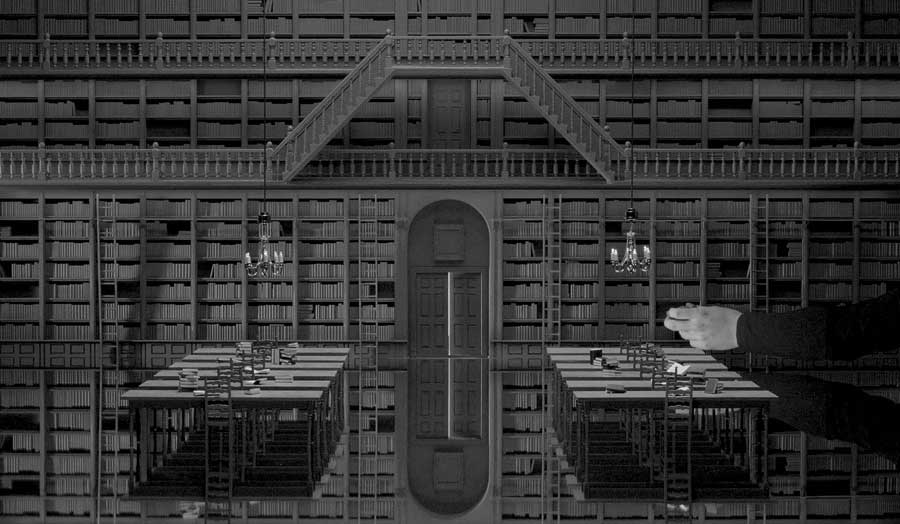
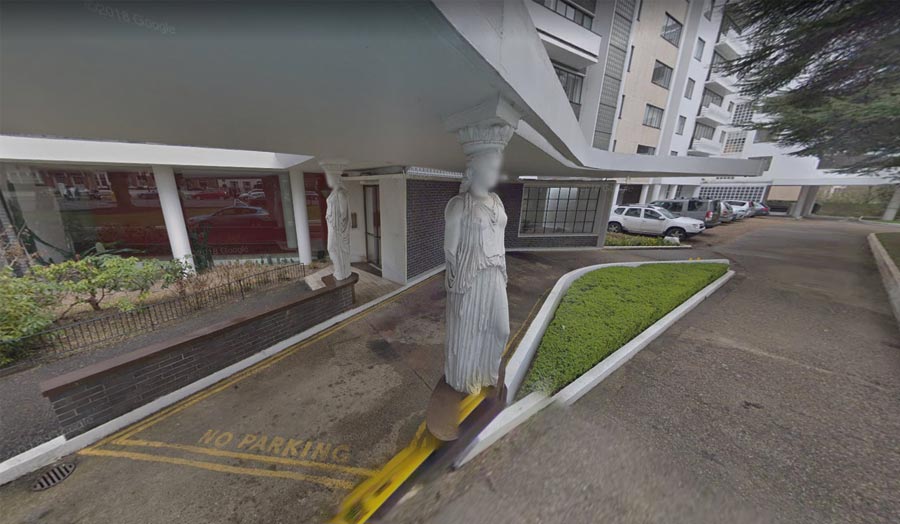

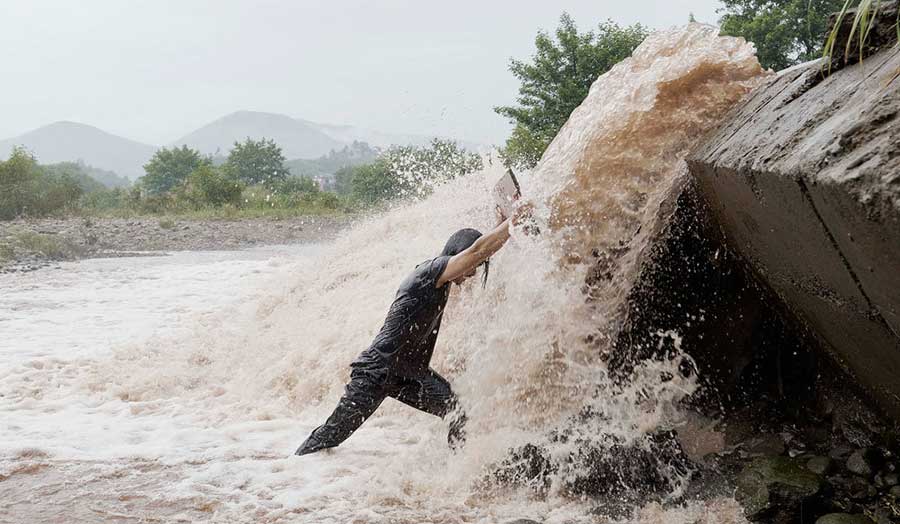
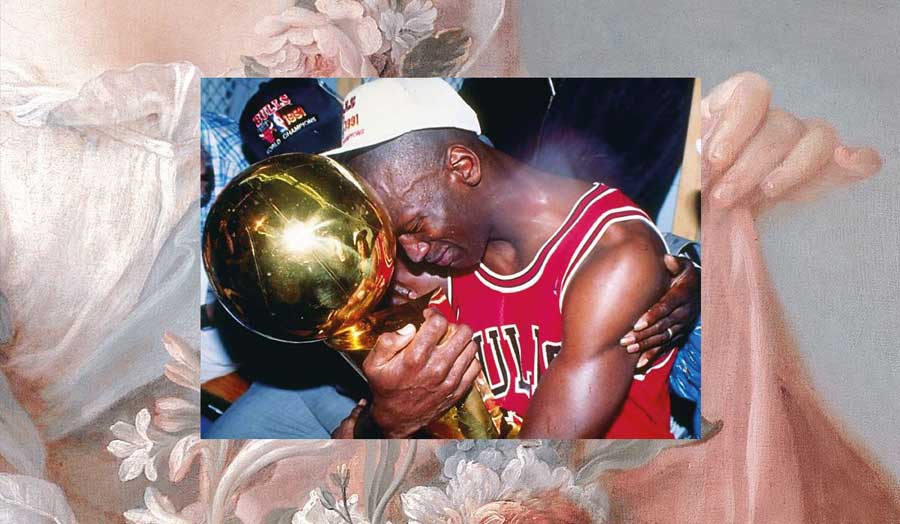






.jpg)
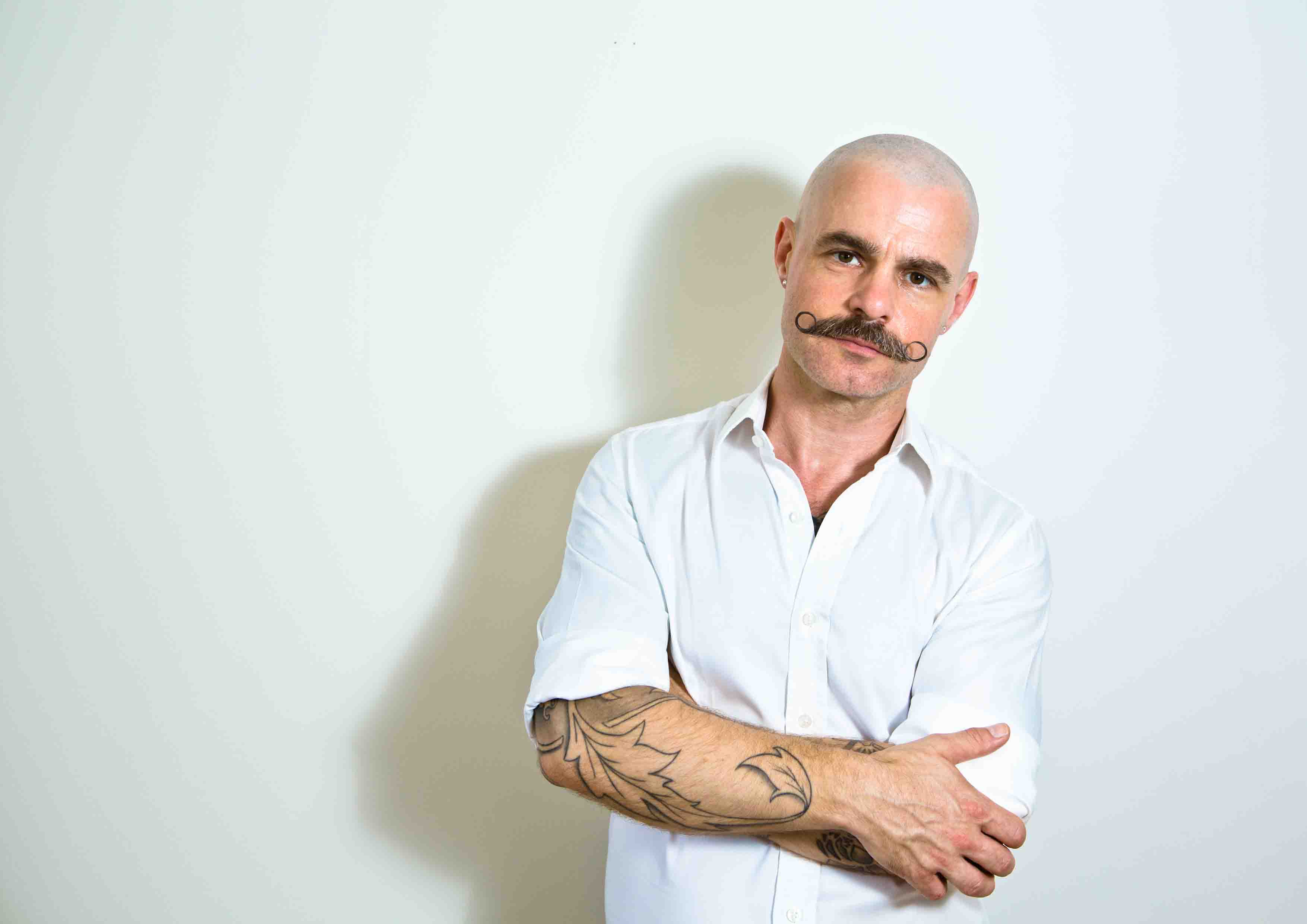
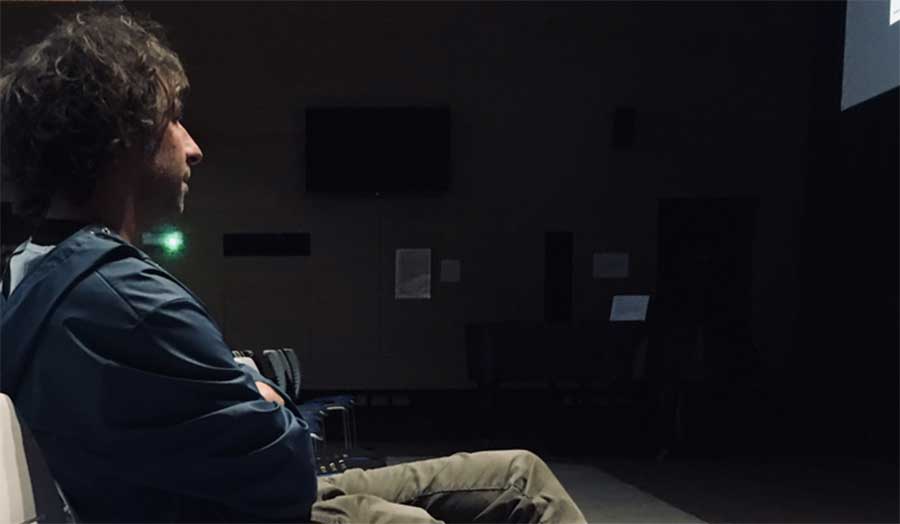
.jpg)

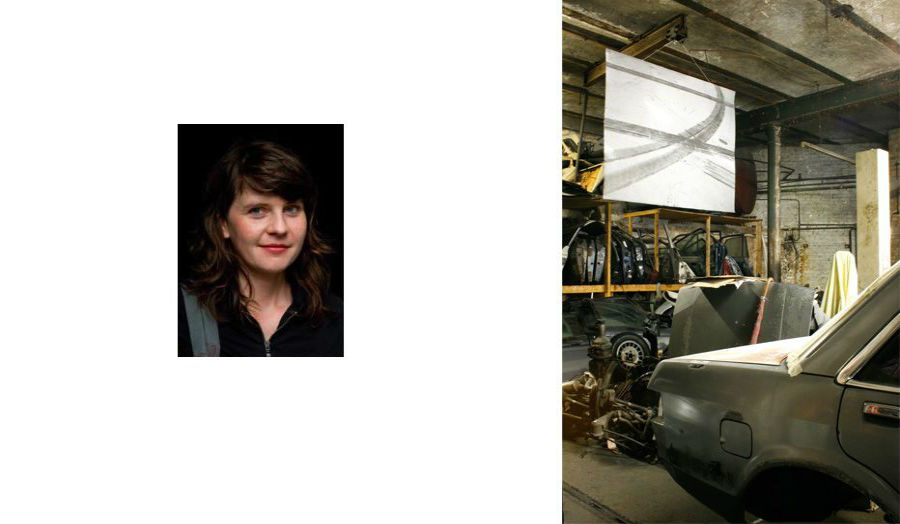
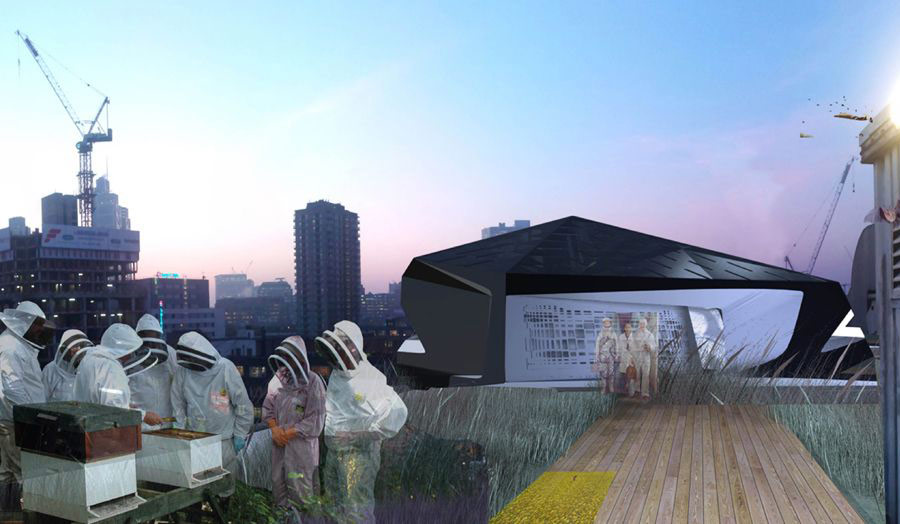
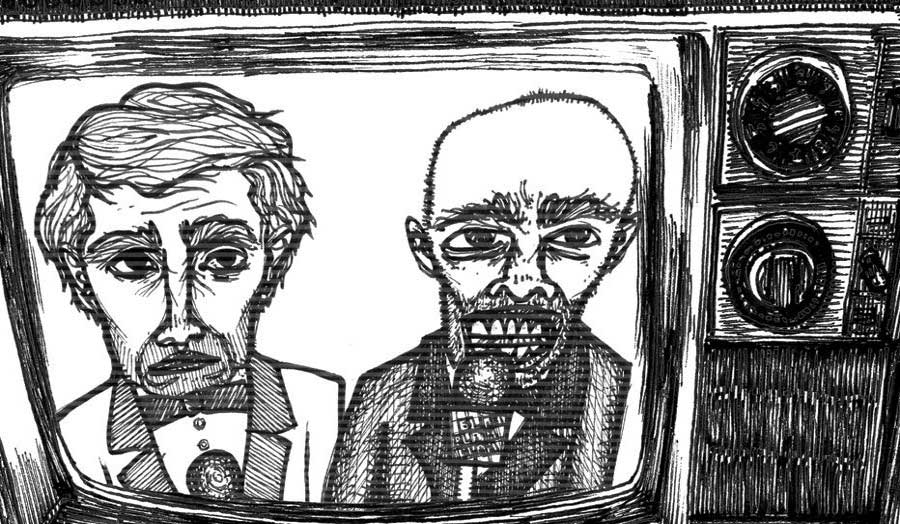
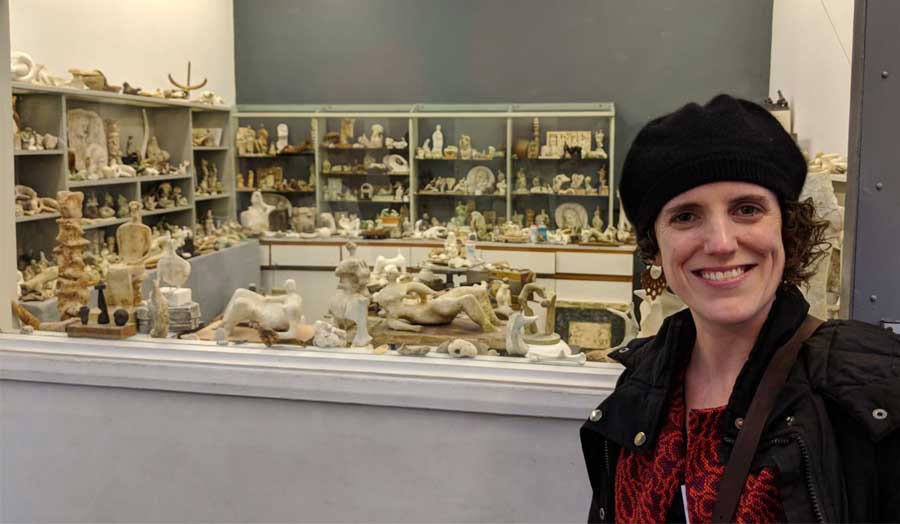
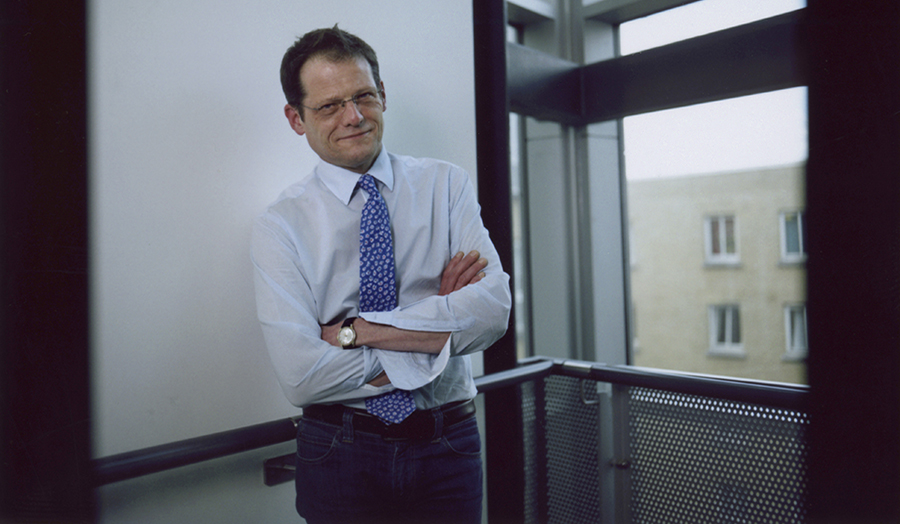
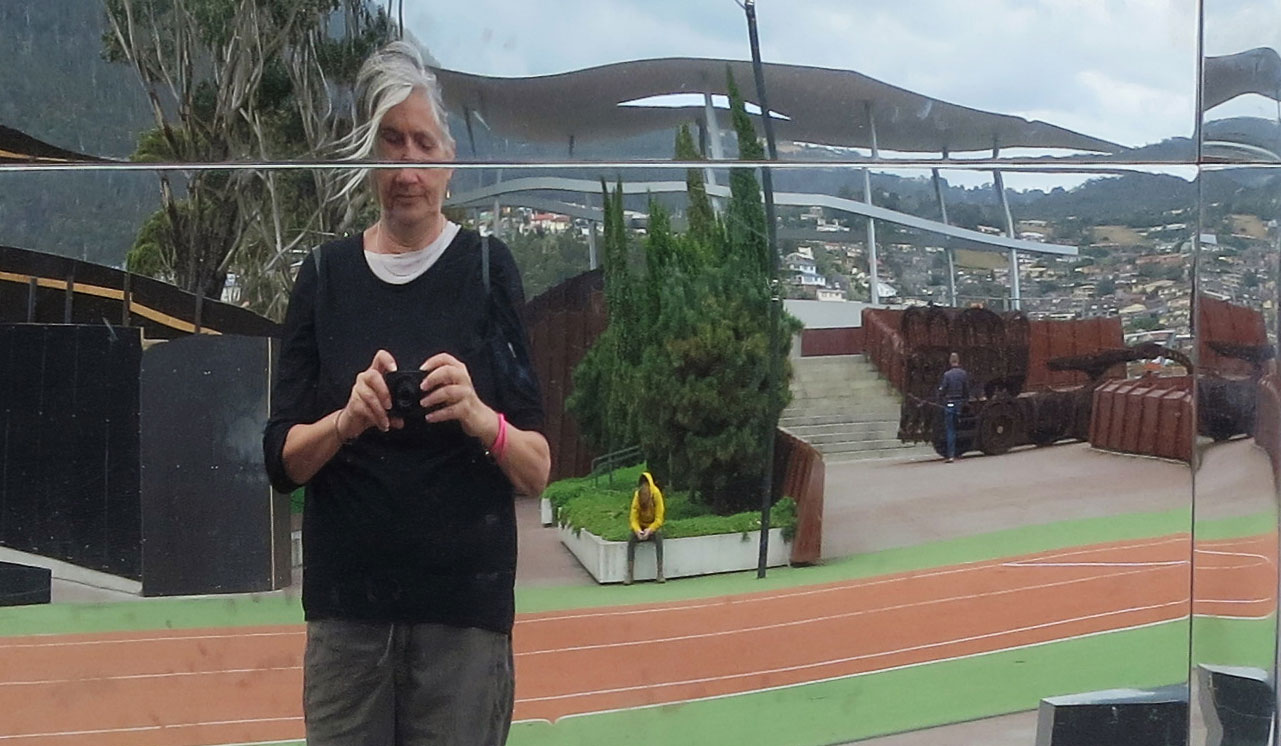
.jpg)
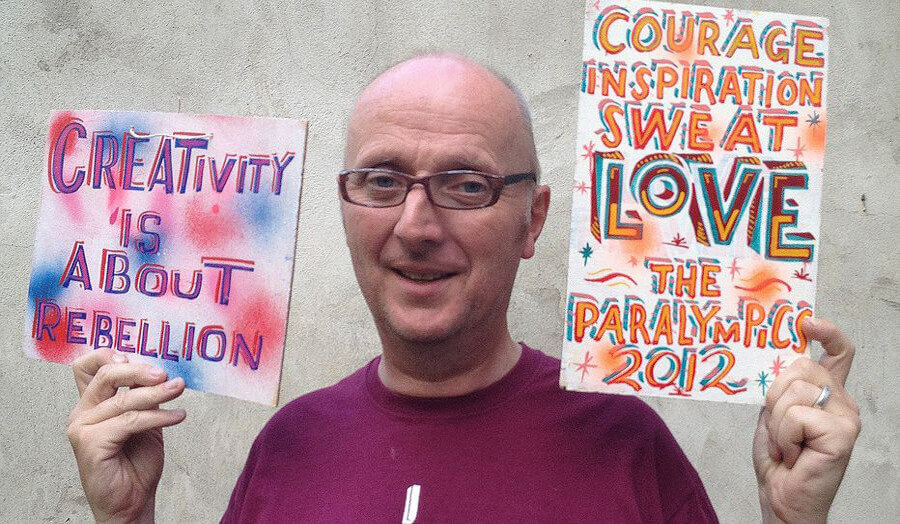
.jpg)
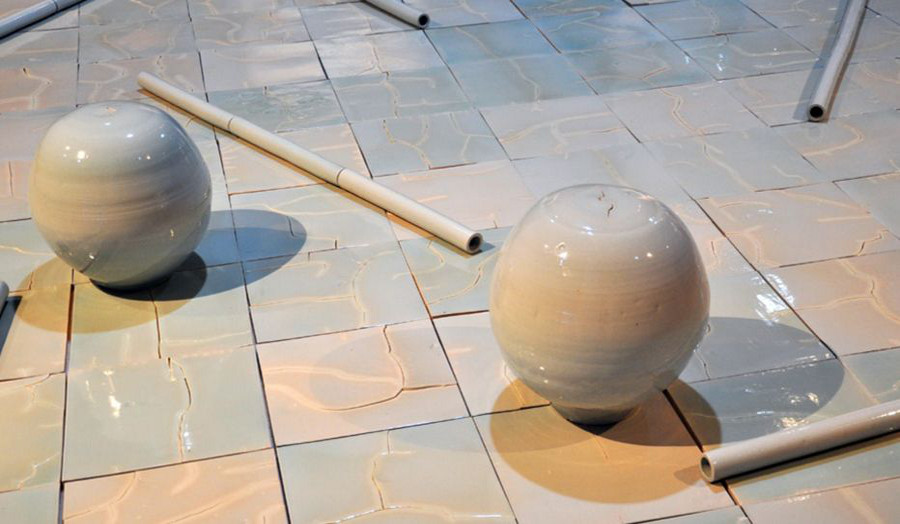
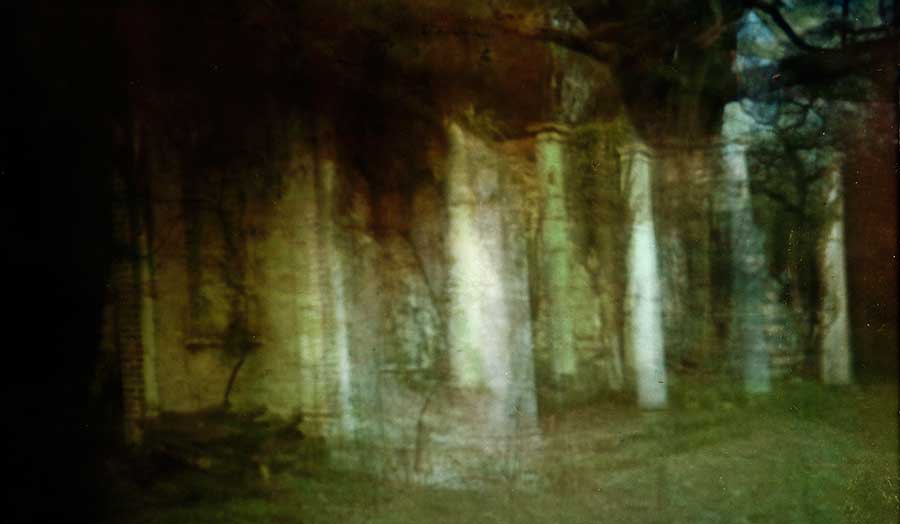
.jpg)
-(1)-(1)-(1)-(1).jpg)
.jpg)

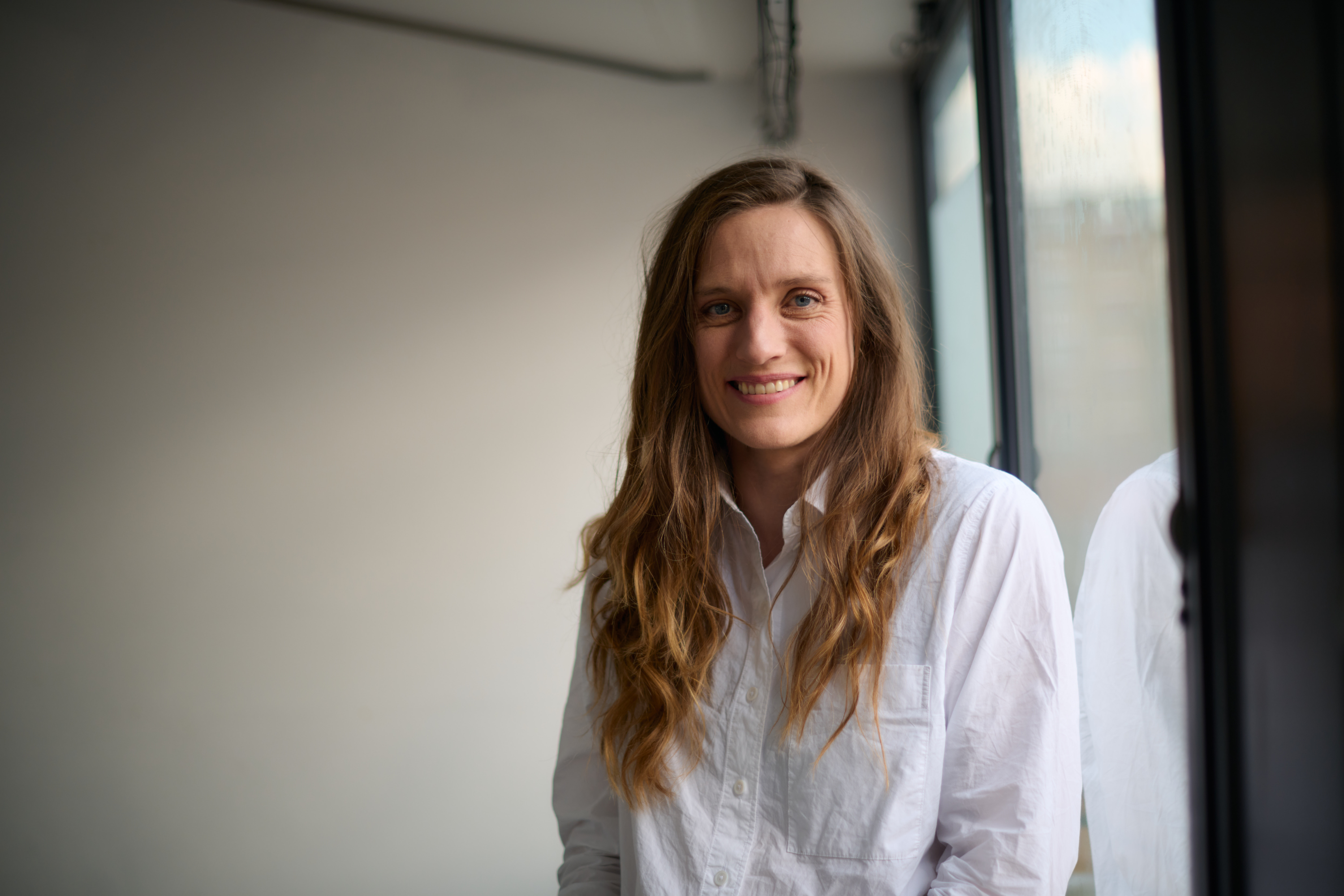
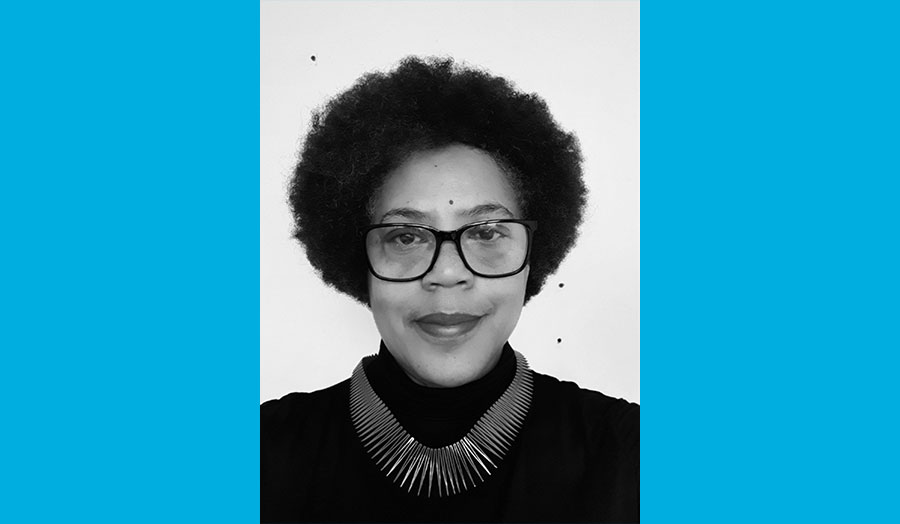
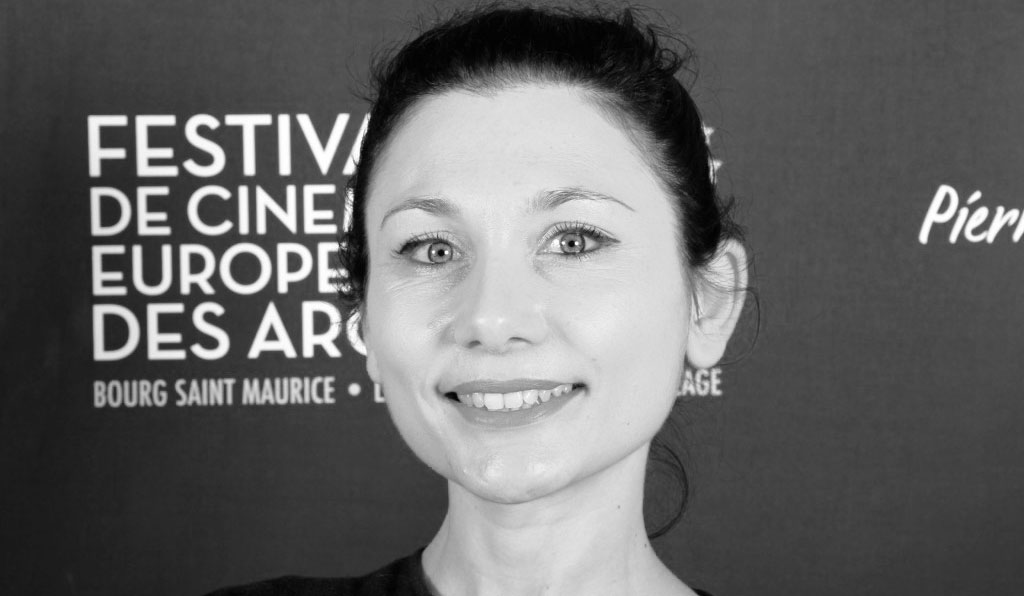
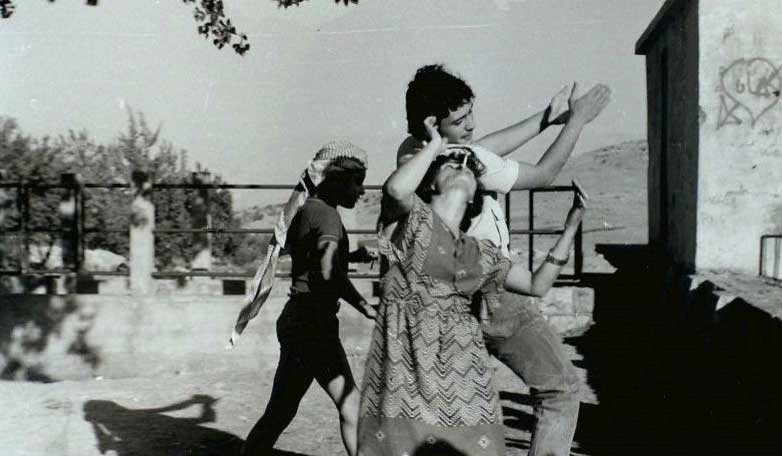
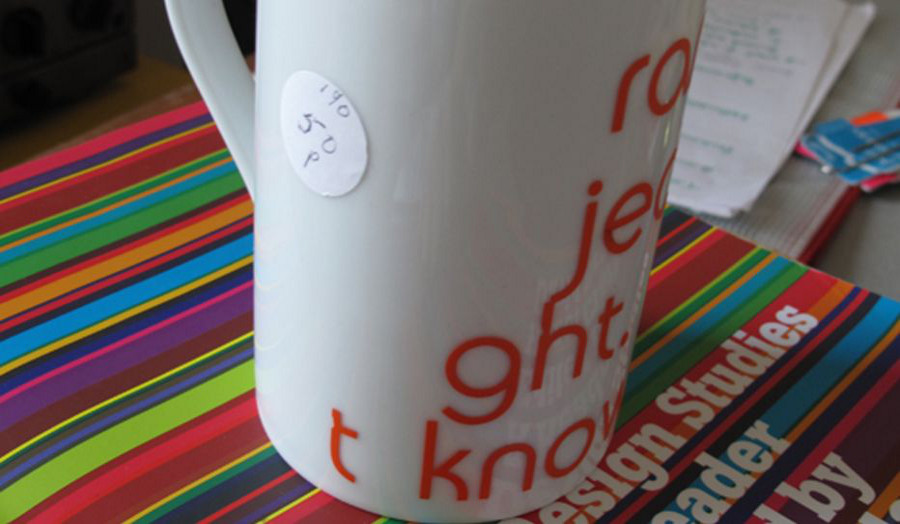
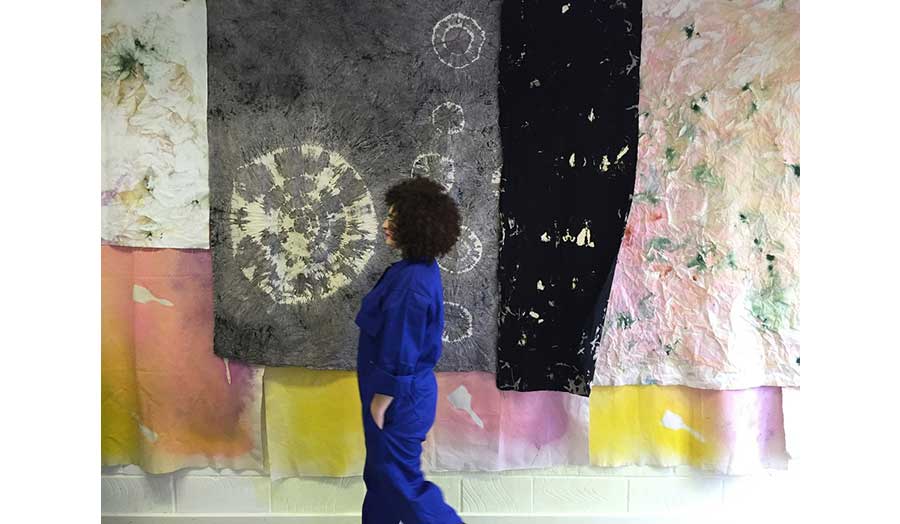
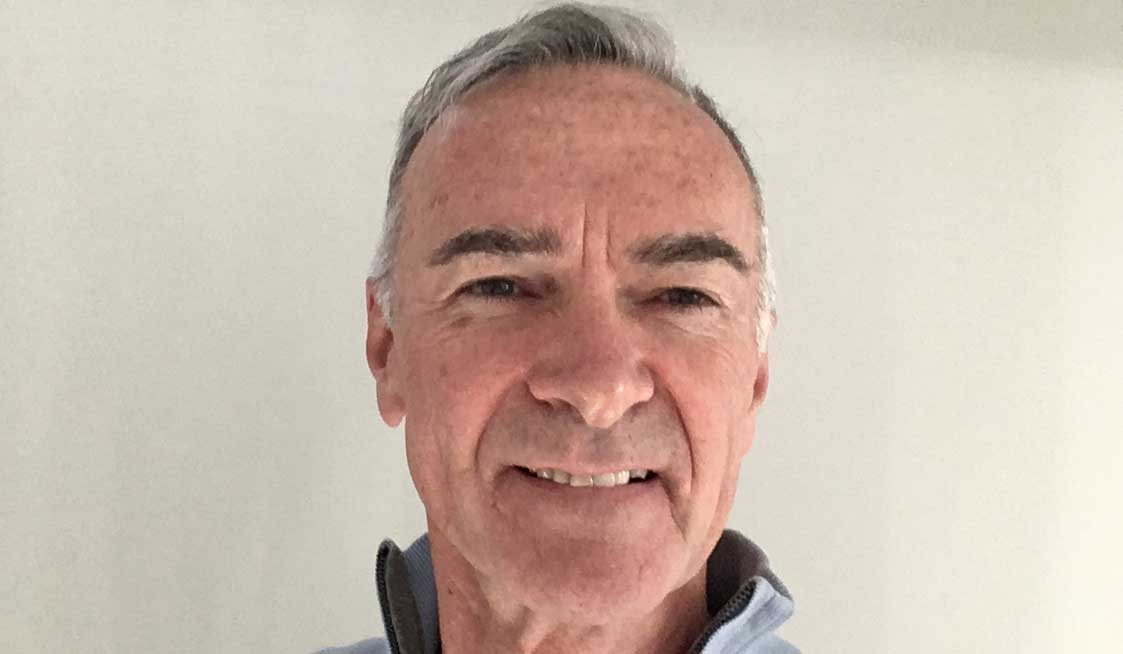
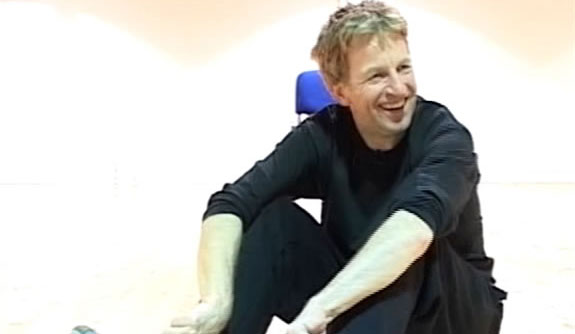
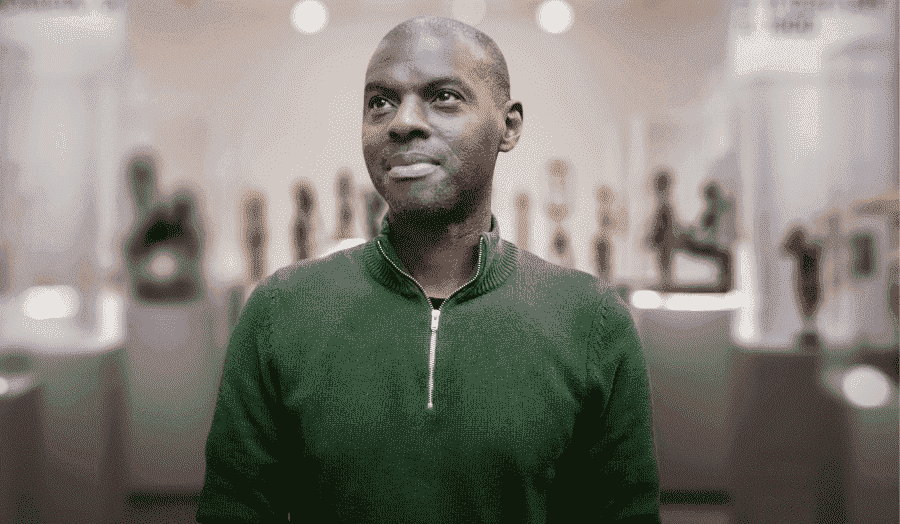

.jpg)

-(1).jpg)

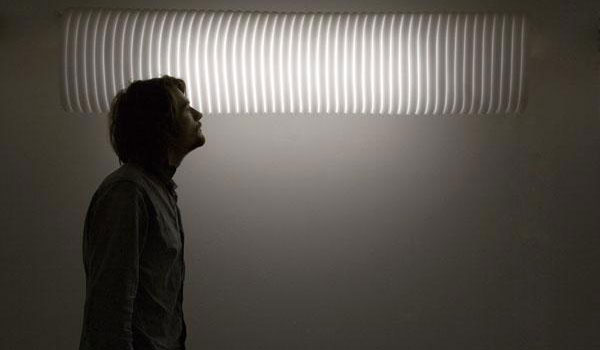
.jpg)
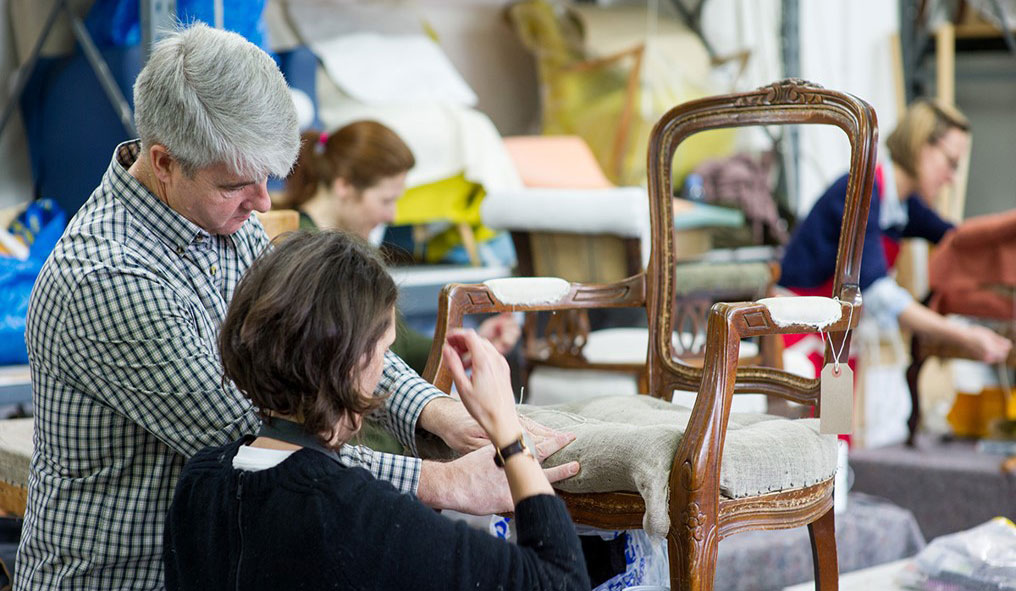
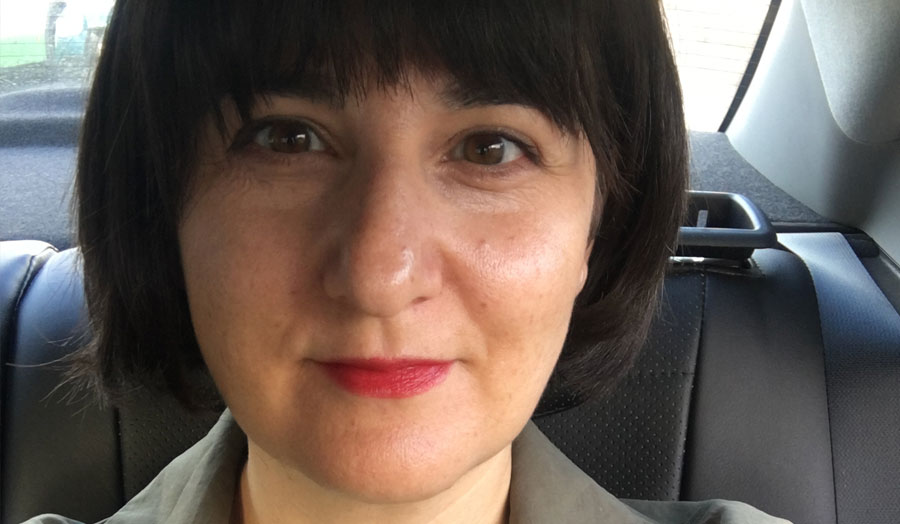
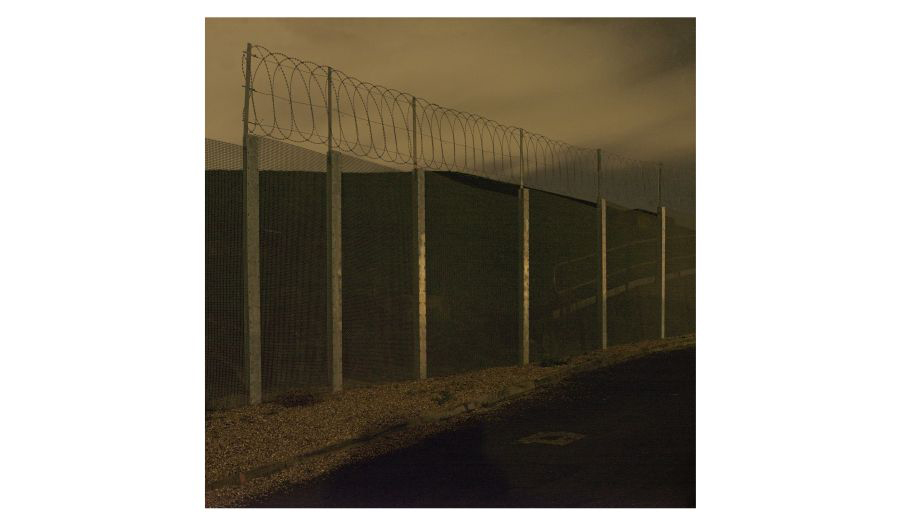


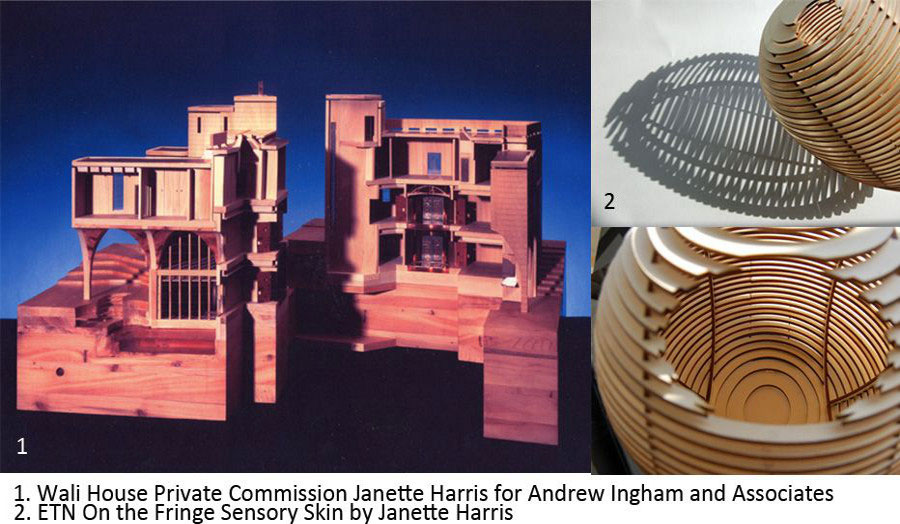

.jpg)
.jpg)
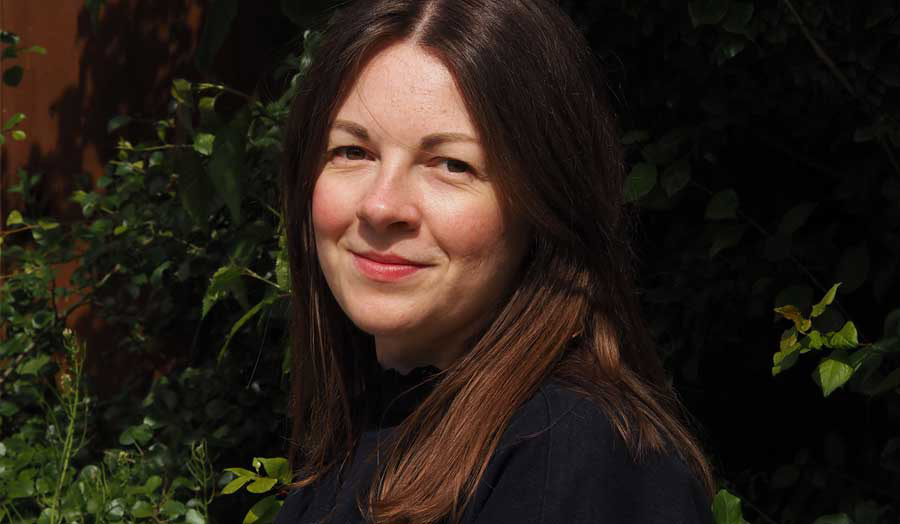
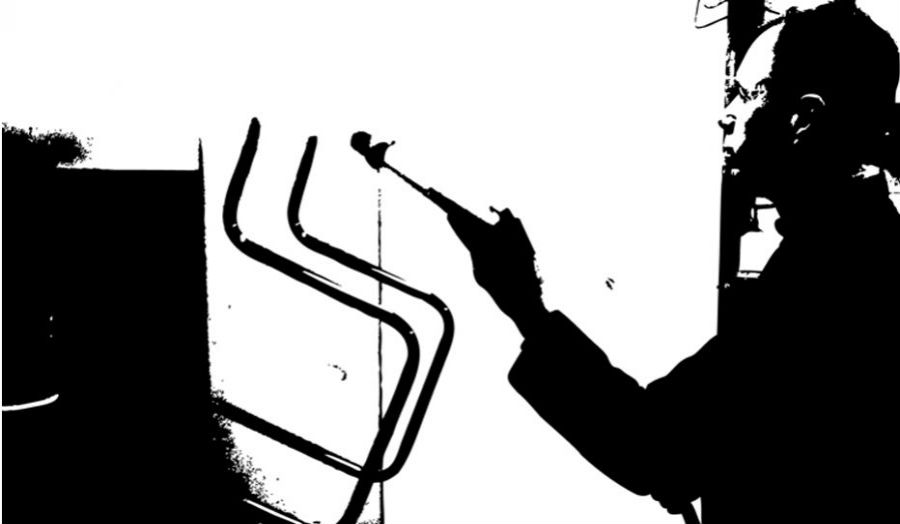
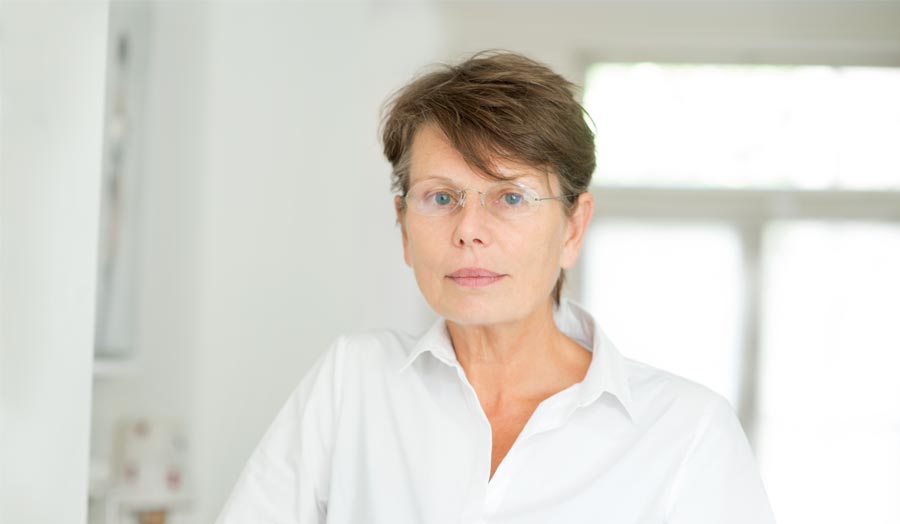
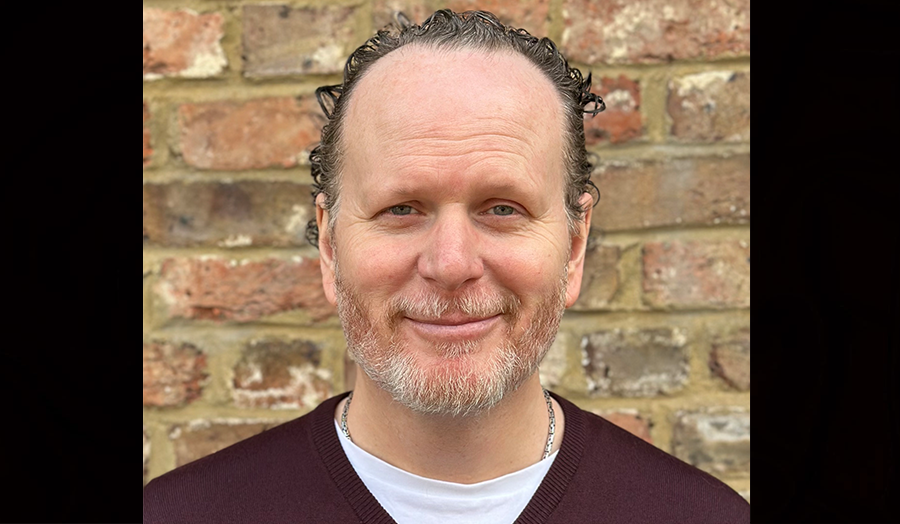
.jpg)
.jpg)

.png)


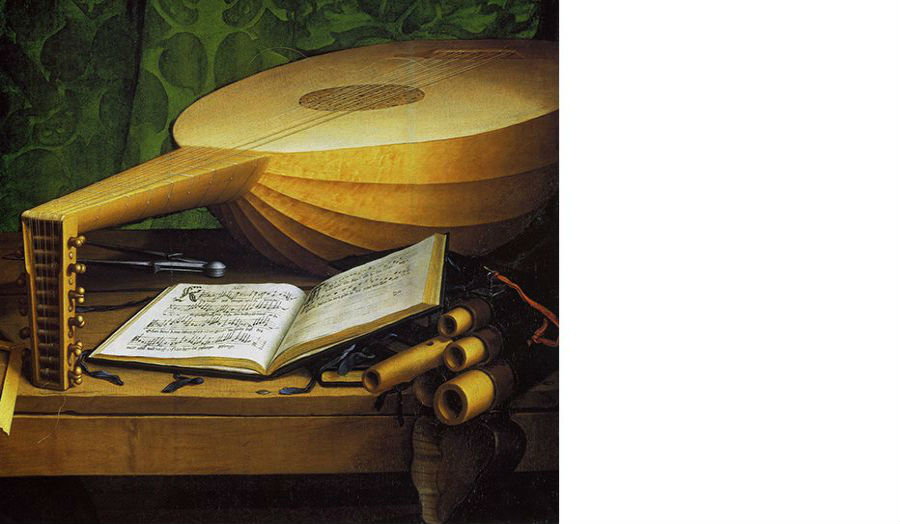


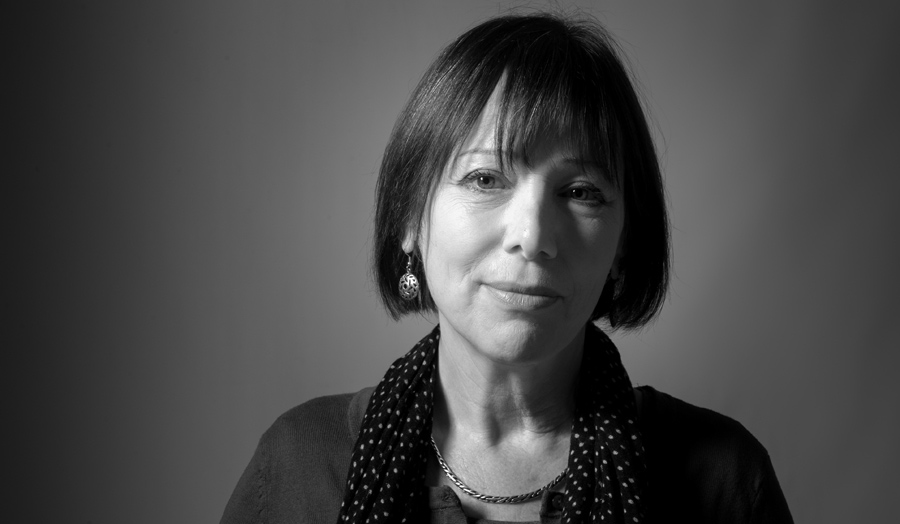
-(1).jpg)
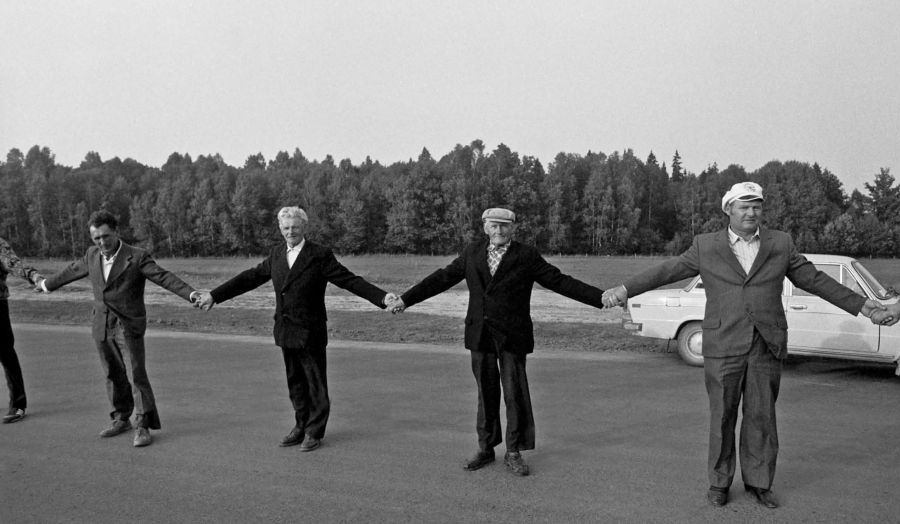

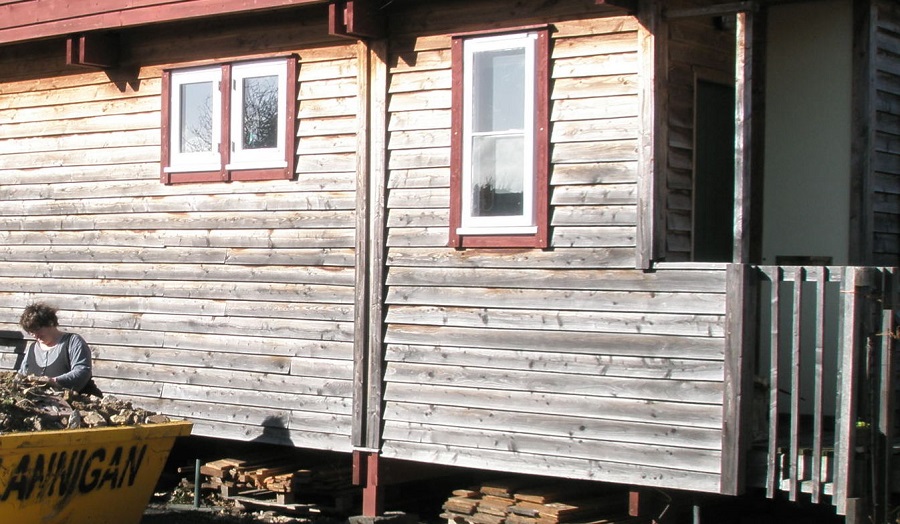
-(1)-(1)-(1).png)
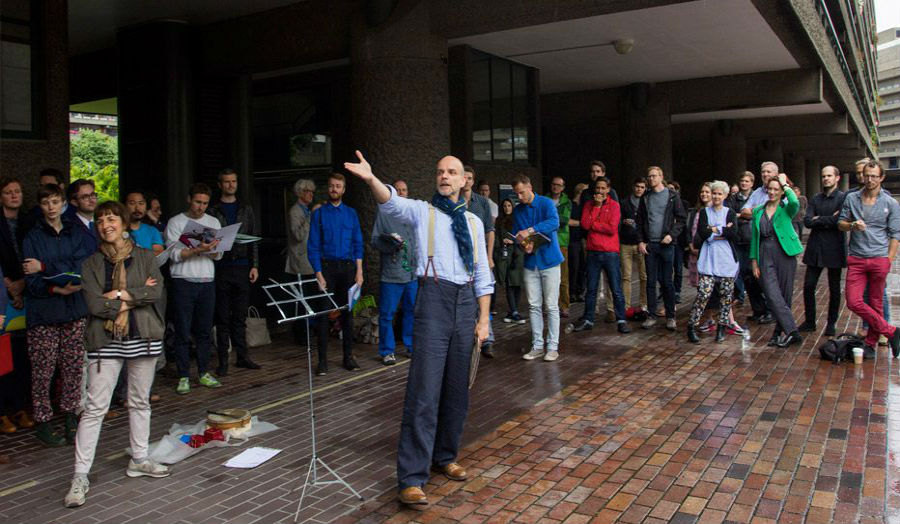

.jpg)
.jpg)
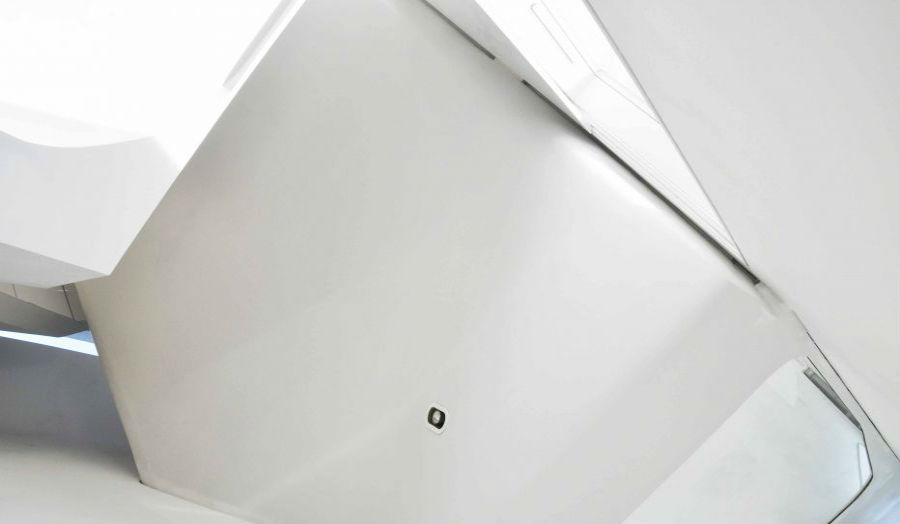




.jpg)
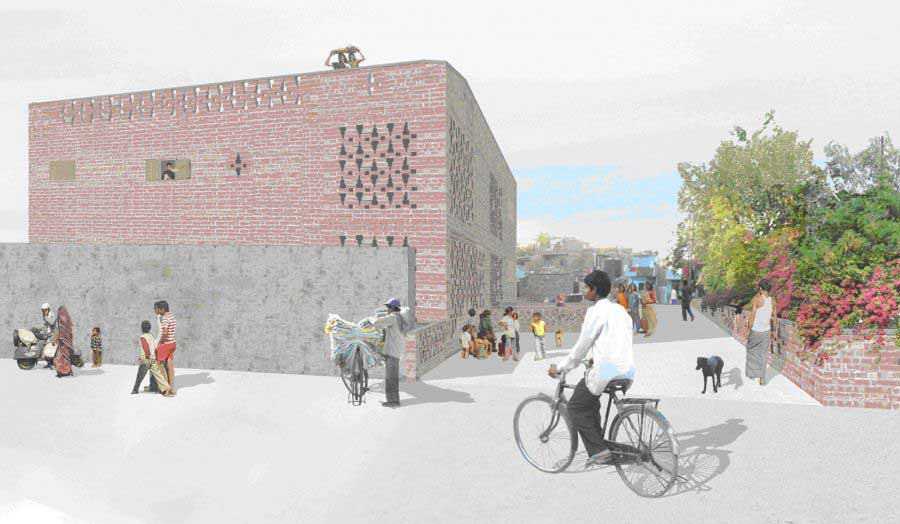
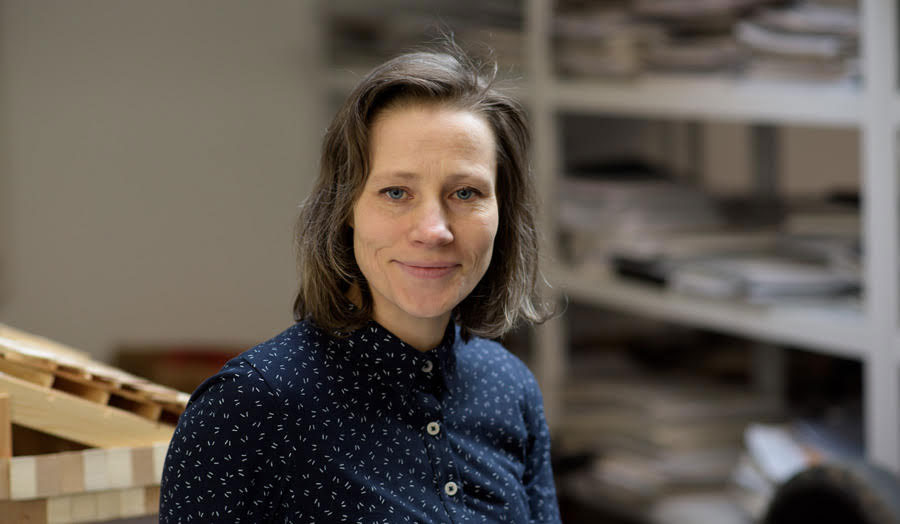










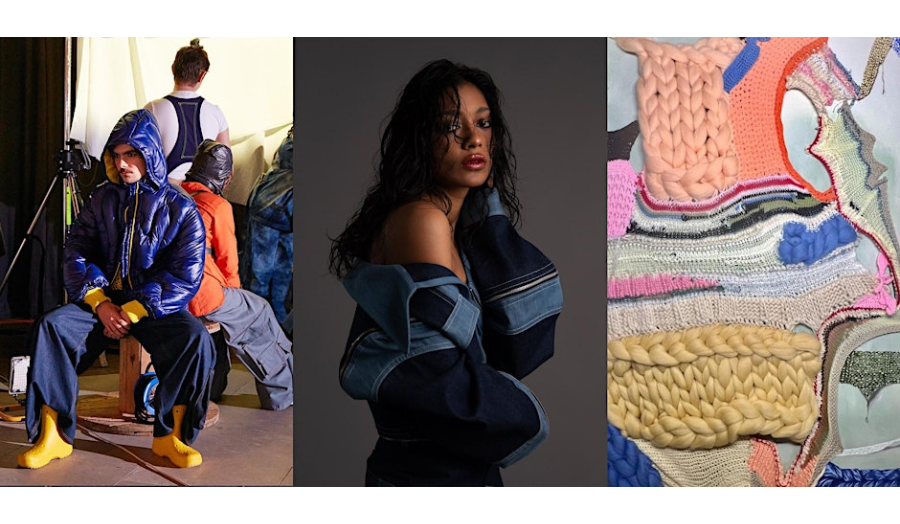
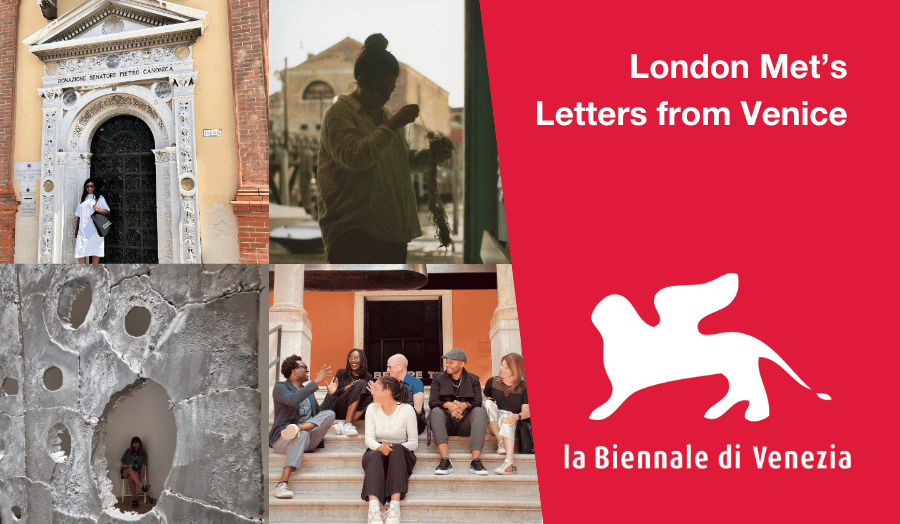





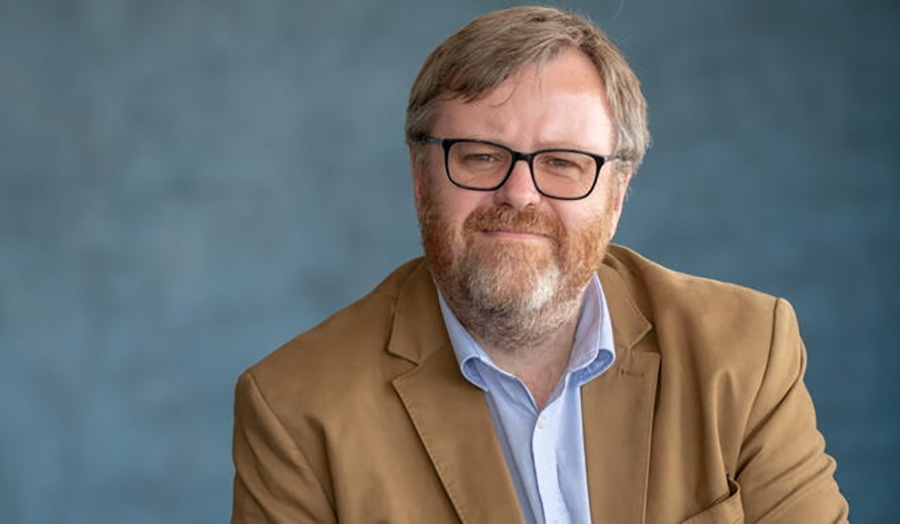
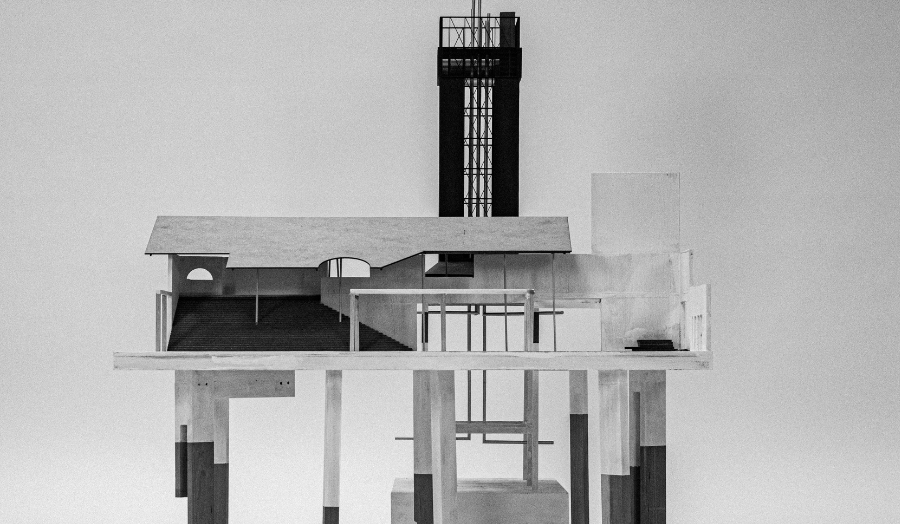

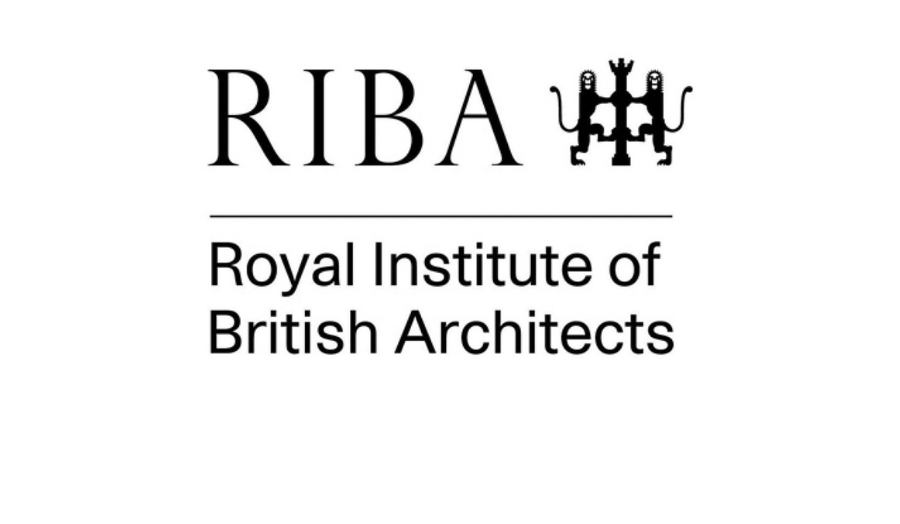
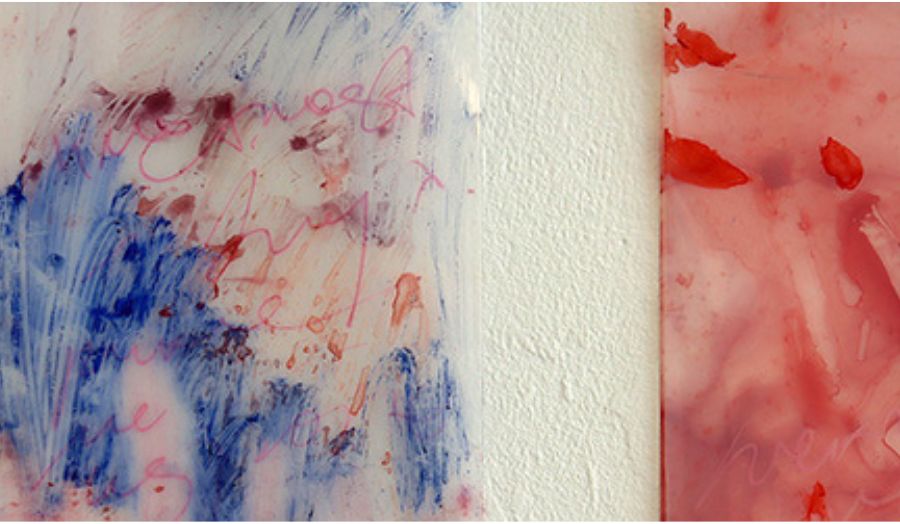
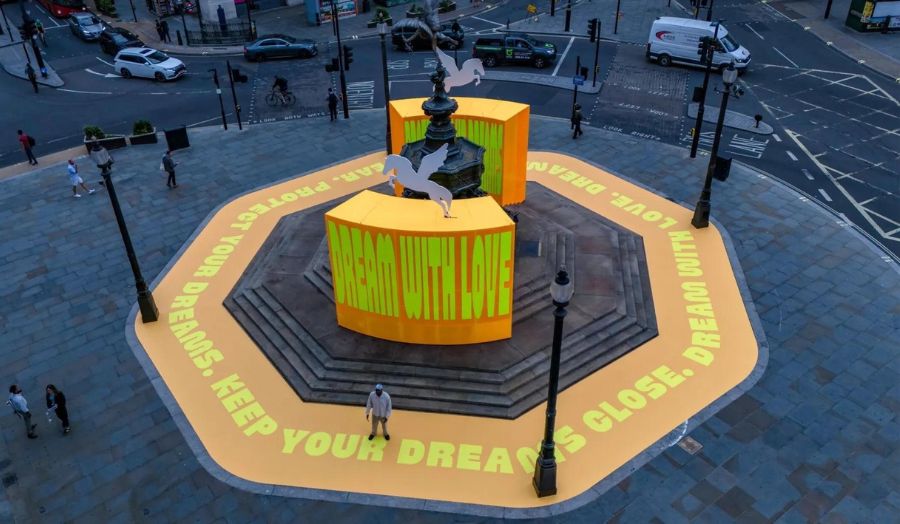
.jpg)
